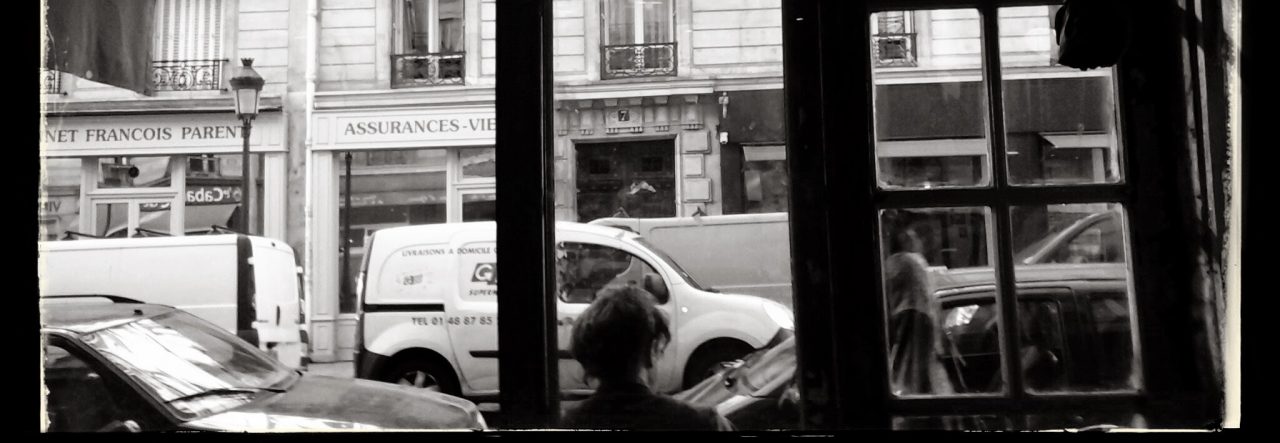I spent a good portion of the beginning of my professional career doing business management, accounting, and finance. And yes, I can hear some of you already saying, “Well that explains a lot about why his writing style is so boring.” Ha, ha. I mention all this, not to imply I’m some sort of financial genius. Far from it. Rather, it’s to demonstrate that I have more than a passing interest in the financial system and might have a slightly better understanding of economics than the average consumer may. Which, I hope, will give you some insight when I review this book and I tell you, it’s a very difficult read.


